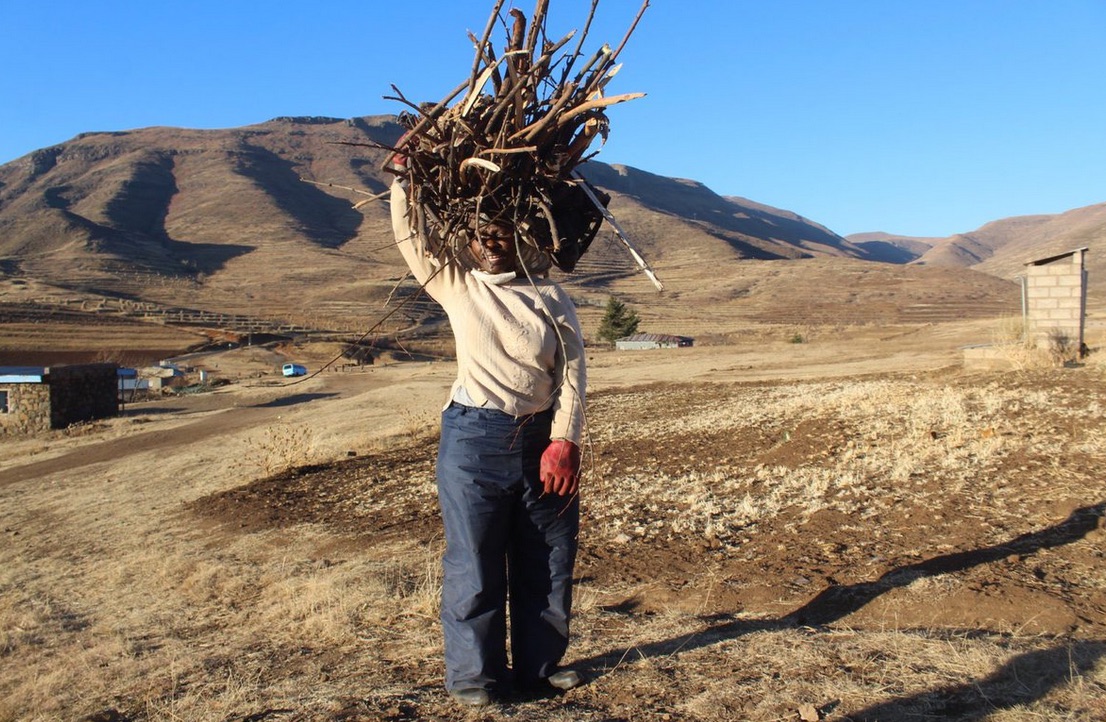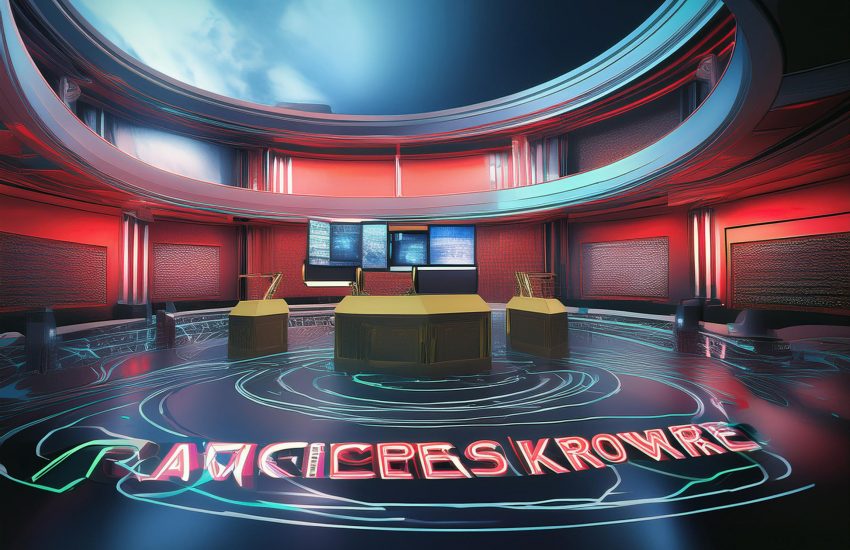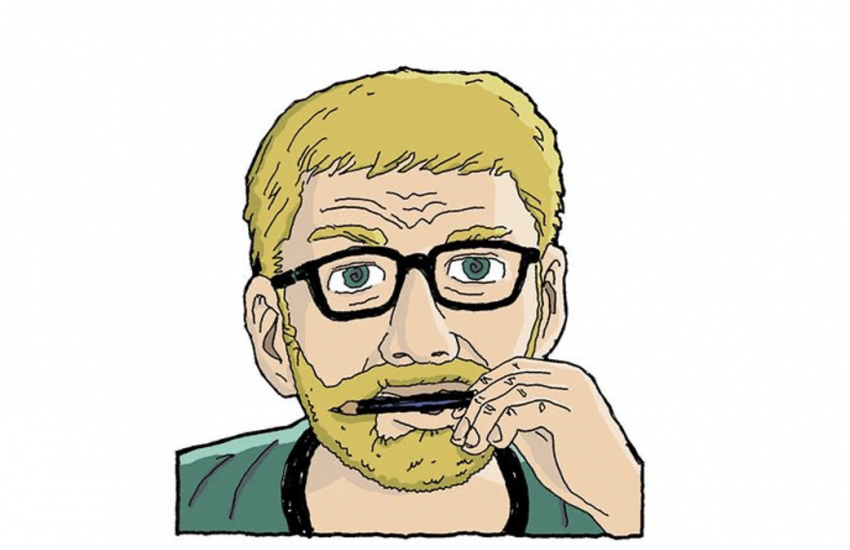How the Center for Collaborative Investigative Journalism is reporting on water access around the world
There is nothing more vital to life on Earth than water. Yet from rural, sub-Saharan Africa to Asia’s crowded megacities, there is a global water crisis with one in 10 people lacking access to basic drinking water.
That’s why “H2OFAIL,” the Center for Collaborative Investigative Journalism’s current investigation, is focusing on the causes and consequences of the global failure of water, especially in sub-Saharan Africa. CCIJ, a non-profit news agency, is administered through a series of regional hubs with leaders who spearhead journalistic coverage in those areas, creating the connective tissue that gives CCIJ its shape and scope.
CCIJ has strong participation from high-level photographers, skilled computer coders, journalism faculty and students from Africa, Latin America, Asia, Europe and North Africa. CCIJ’s recent Lesotho story looked at the water consumption of a Canadian-owned marijuana company, while its Tajikistan story dug into the issue of how such a water-rich country has left half of its citizens without access to clean water.
Women and girls are subject to the water crisis due to lack of sanitation, childbirth as well as transporting water to their homes. “Young girls in Sierra Leone are becoming pregnant because they only have access to water if they have sex with men who control the well system.” said Jeff Lowenstein, the founder of the Center for Collaborative Journalism.
Storybench spoke with Jeff Lowenstein to discuss the H20 Fail Project and how his team is handling the challenges of press freedom and mis- and disinformation, methods of extracting data from developing countries, and his take on digital storytelling.
Could you give me some background on CCIJ?
The Project CCIJ started last November, so we are still quite new, it is registered in the state of Michigan. As an organization, we began in 2016 when a group of us came together at the African Investigative Journalism Conference in South Africa, and we made a pledge to investigate the global lottery industry. We carried that out in 2017 at the conference in the following year and presented our lottery project. Someone from the Open Society Foundations invited us to apply for a planning grant. The idea of the planning grant was to help us think about how to shift from a group of people to an actual organization, and so that “grant 2018.” Through 2019, that grant led to the proposal and then in the formulation of CCIJ.
At CCIJ, you may have figured from the website, we have a number of different parts. We like to have visual data and investigative elements as equal partners for the investigative process to carry on key global issues. We like to work with and learn from underserved communities, and we like to work with journalists who wouldn’t otherwise have a chance to participate in these global projects.
We have a real commitment to mentoring, to independent journalism as well as underserved communities. It’s pretty neat because the way it works with people in different ways, but we almost are like a virtual newsroom.
How did the H20 Fail project come about?
What happened was that with the lottery project we were at this conference, we were having a couple bottles of wine. I had suggested that people get together.
We thought, well, what do we want our next project to be? What’s another big global issue we want to take on? There was a guy in the conference from South Africa who did so much of the coverage, was from Cape Town and mentioned water is a big crisis here. He said, “well, you know, if it’s such a big issue in Cape Town, it’s probably a big issue globally.” At that same conference, we announced that we were doing this investigation and it was very moving, because a lot of people came to the meeting at the conference. I recommended, “why don’t people just share the stories they want to tell?”
One woman said, I think she was from Sierra Leone, “in my country young girls are becoming pregnant for water.” And we said, well, what do you know? What do you mean? And what she said, “young girls have to go gather the water for the family. The men who control the water will only let them have it.” They only let them have water if they have sex with them. And from that, these young girls are becoming pregnant.
You could feel the goosebumps going on everybody’s arms. It was very powerful. And then somebody else said, “well, in my country, there is fecal material in the water and the government denied it until the pipes burst and they couldn’t deny it because literally shit came out of the water.”
Another person from Zambia, said “that happens in my country too.” Since the conference was for three days, we had another meeting the next day and 50 people showed up. I told them to give pitches and then 35 people sent their pitches to me. They were very committed. Then, it was a matter of reading through the pitches and then deciding which ones looked pretty good and then applying for money, getting the money and then getting the money to the journalists.
So, it really took a couple of years. We had some stories last year, but it really took a couple of years to get this project off the ground. That’s how the H20 Fail project began.
I know in developing countries press freedom is limited. What’s your opinion on that?
When it comes to issues of press freedom, we try to support each other. There was a member of our community from Benin who has done investigative work about financial malfeasance in his country. He tweeted some comments of a public prosecutor. The authorities came to his house and they said, “you have to take these tweets down.” And he refused. Then they came to his house on Christmas Day. He’s a young man. He has three children. He had a four-month-old infant. They arrested him in a trial prison for 18 months.
I shared this with the community. And somebody instantly said, “we have to speak up for any of us.” He wrote a letter. More than 50 journalists from more than 20 countries signed the letter. We sent it to the United States Congress. We coordinated with the committee to protect journalists. We did an Instagram campaign about his release. He was released after about six months of the 18-month term.
I’m not saying that our advocacy changed his sentence length, but I am saying that when we spoke to him afterwards. I asked him, “were you aware of what we were doing?” He said, “people would come and tell me they’re speaking up for you and because of that, it gave me more strength and courage to endure what I was living through in prison.” So, I think that’s an example of how people feel support in our community for press freedom in their country.
Each article focuses on a very specific problem in a specific place. How did you choose which challenges to cover?
What we’re looking at is we know that for close to a billion people around the world, that right is not fulfilled. We are open to anything that relates to this theme. We also looked at two major groups: water hogs and waterless.
Water hogs are the companies, the individuals that consume a lot of water in the production of their work. The Coca-Cola in South Africa is one example that is mentioned on our waterless podcast.
There are waterless who are disadvantaged people that bear the impact of the water hogs. So, under that broad theme of the failure, we entertained proposals for what people wanted to do. We had a jury where people submitted and then the jurors selected the best ones which are the stories that have been carried out.
We found that stories tend to have the most impact on the local level. For example, with the water project, people in Cape Town, they want to know about Cape Town, people in Namibia, want to know about Namibia water issues. We want to give that honoring to local knowledge and expertise and then together have that place which shows all the stories and themes that run between them.
How has the response from readers been so far?
It’s been very moving. For example, today the guy from Mali was talking about all the different places in which his story appeared and how many people are talking about it, how they’re responding to it, because it’s really frustrating how this illegal gold mining and this larger gold company are basically destroying the river that has been a major source of livelihood and fishing and so on, and nourishment for four tons of people.
The lottery project has had tremendous impact, particularly in South Africa. There’s been parliamentary inquiries, they’re talking about changing the law, they’re talking about arresting people over there. It’s been just remarkable. Those are the kind of reader responses that are that are very, very gratifying.
Where do you collect the data from?
We are very fortunate now we’re working on a project right now with a group called “Code4All” which is looking at civic tech organizations. They think about getting data that either doesn’t exist or that can be consistent across countries. Now there’s some data that we got from the United Nations or the World Bank. Some of it we’ve gotten through public records requests like here in the U.S.
The other part is people are working to either build a data set or scrape. Different data sets that are at the subnational level and then try and stitch them together. What’s really neat about this project with “Code4All” is that the three civic tech groups are working on getting the data together. Part of the data are articles about water, so it’s the idea of text as data that it’s not only quantitative in numerical data.
How difficult is it to extract data from countries with poor press freedom?
There are a couple of things that I would mention. There’s a journalist friend in Turkey who did a powerful project where they anonymously crowdsourced information about workers’ injuries. There’s a very bad press freedom environment in Turkey and there’s a very big problem with workers, so she couldn’t get that information publicly, but she worked with other people to crowdsource it.
Also, a journalist in Paraguay, which also had a bad press freedom environment did a similar project. In 2014, they suspected that a lot of the people in Paraguay were working for the government, getting multiple salaries. They crowdsourced this anonymous tip box where everybody could say, have you seen them working and what job are they doing? They did it with a secure, anonymous tip.
How do you handle mis- and disinformation?
Education, mentoring and sharing information on a couple of different levels. One of the levels is within our team, in our community. Some of the journalists who haven’t worked in international projects before grow a lot by working with strong editors and people with a lot of experience. They take that knowledge and experience with them.
We have a very specific strategy about social media. As we recognize that is where a lot of people are and that’s where people get their information. I know, for example, in India WhatsApp has been a huge platform for all kinds of difficult sharing and information and consequences. Modi has used WhatsApp and Facebook in very dangerous ways, like other countries.
The way we do that is that we both ask the journalists from the beginning to preserve some content for social media that is independent of the actual story they’re producing. So that a lot of times with social media, you write a story, then you tweet it or you put it on Facebook, you put it on Instagram, you put it on Reddit. Your original content so that people get excited to come to where you are and then they get to the story that you’ve done for another place. That’s one part of distributing through social media.
Another part is that we like to share information in a way that’s culturally sensitive. We try to tweet in English for Nigeria, French for West Africa and Zulu in South Africa. How you share the information is not static, but it actually is taking into account the language and the culture in which people ordinarily speak and learn, so that then from there they are more likely to be able to absorb and kind of take it in.
What is your take on digital storytelling?
The first part of why we’re very committed to visual storytelling, because there is sometimes a way in which people these days tend to be more and more visual. A little bit lower with the attention span. There are certain things that you can absorb visually to understand what’s happening. That then you can read something and that will deepen that understanding together. It’s that combination of the visual, data and the investigative that help them process.
A lot of people still learn, still get their newspaper and print, so we do have print connections and publications. A lot of people around the world are on audio, which is part of why we have the podcast and we have people who work in that space as well.
One of my former students is now the manager of the largest radio station in South Africa. They have like 7.5 million listeners. We really try to reach people in a lot of different ways. Of course, people are enjoying digital as a method these days. People like to be a little more interactive, so we try and incorporate those elements.
Photo credit: Mareitumetse Bocanana makes two trips a day to ensure that there is enough water for her household. Here, she collects wood to make a fire that will be used to boil the water, making it safe to use. Photo by Billy Mcdee Ntaote.
- How stuff.co.nz tells the tale of two pandemics in Auckland with an interactive timeline. - October 20, 2021
- How the Parametric Press explains the environmental cost of digital consumption - March 1, 2021
- How the Center for Collaborative Investigative Journalism is reporting on water access around the world - November 12, 2020





